【Prescription Name】
Qu Feng Yao Jiu (Wind-Dispersing Herbal Wine)
【Composition】
Fang Feng (Radix Saposhnikoviae), Jing Jie Sui (Stem of Schizonepeta tenuifolia), Cang Zhu (Rhizoma Atractylodis), Ma Huang (Herba Ephedrae), Xi Xin (Herba Asari), Tian Ma (Rhizoma Gastrodiae), Bai Zhi (Radix Angelicae Dahuricae), Chuan Xiong (Rhizoma Chuanxiong), Dang Gui (Radix Angelicae Sinensis), Ban Xia (Rhizoma Pinelliae Preparatum), Fu Ling (Poria), Jiang Can (Bombyx Batryticatus), Chuan Wu (Radix Aconiti Carmichaeli Preparata), Cao Wu (Radix Aconiti Kusnezoffii), Luo Yang Hua (Flos Rosae Rugosae), Bai Hua She (Squama Manitis).
【Indications】
Various types of wind paralysis, stubborn swelling and pain.
【Dosage and Administration】
Take 1 small cup per dose, adjust the dosage according to the condition, and take before or after meals. Observe the effect within a few days and do not underestimate it.
【Preparation Method】
Grind the ingredients into a fine powder. Take 9 grams of each herb, add them to 500 grams of rice wine, 3 jujubes, and 15 grams of honey. Put them all in a bottle and seal it. Tie a hemp rope around the bottle and hang it in a pot. Boil it for 1 incense stick until the liquid cools down. Remove the bottle when it is half cool.
【Introduction of Medicinal Herbs】
Fang Feng: Expels wind, releases the exterior, dispels dampness, relieves pain, relieves spasms, and stops itching. Used for wind-cold common cold, headache, facial paralysis, rheumatic pain, limb convulsions, abdominal pain, diarrhea, intestinal wind with bloody stool, wind sores and scabies, itchy skin, and tetanus.
Dang Gui: Tonifies blood, regulates menstruation, relieves pain, and moistens the intestines. Used for irregular menstruation, dysmenorrhea, abdominal pain, abdominal masses, excessive uterine bleeding, blood deficiency headache, dizziness, weakness, constipation due to dryness, dysentery with red mucus, boils and carbuncles, and injuries from falls and hits.
Ban Xia: Dries dampness, transforms phlegm, descends rebellious qi, and relieves vomiting. Used for dampness obstruction in the middle jiao, distension and fullness in the epigastric region, diarrhea, edema, foot qi, rheumatic pain, wind-cold common cold, night blindness, and blurred vision.
Ma Huang: Induces sweating, dispels cold, promotes lung function, and relieves asthma. Used for wind-cold common cold, chest stuffiness and cough, wind-damp edema, and bronchial asthma. Honey-processed Ma Huang nourishes the lungs and stops coughing. It is commonly used for superficial conditions with resolved exterior syndrome, wheezing and coughing.
Cang Zhu: Has the functions of drying dampness, strengthening the spleen, dispelling wind, dispelling cold, and improving eyesight. Used for damp obstruction in the middle jiao, distension and fullness in the epigastric region, diarrhea, edema, foot qi, rheumatic pain, wind-cold common cold, night blindness, and blurred vision.
Bai Zhi: The main pharmacological effects include fever-reducing, analgesic, anti-inflammatory, coronary artery dilation, antispasmodic, uterine contraction enhancement, fat decomposition promotion, anti-bacterial, anti-fungal, and anti-tuberculosis effects.
Fu Ling: Has the effects of promoting diuresis, draining dampness, strengthening the spleen, and calming the mind. Used for edema with reduced urine output, phlegm-fluid dizziness, spleen deficiency with reduced food intake, loose stools, diarrhea, restlessness, palpitations, and insomnia.
Cao Wu: Has the effects of dispelling wind and dampness, relieving cold pain, dispersing nodules, and reducing swelling.




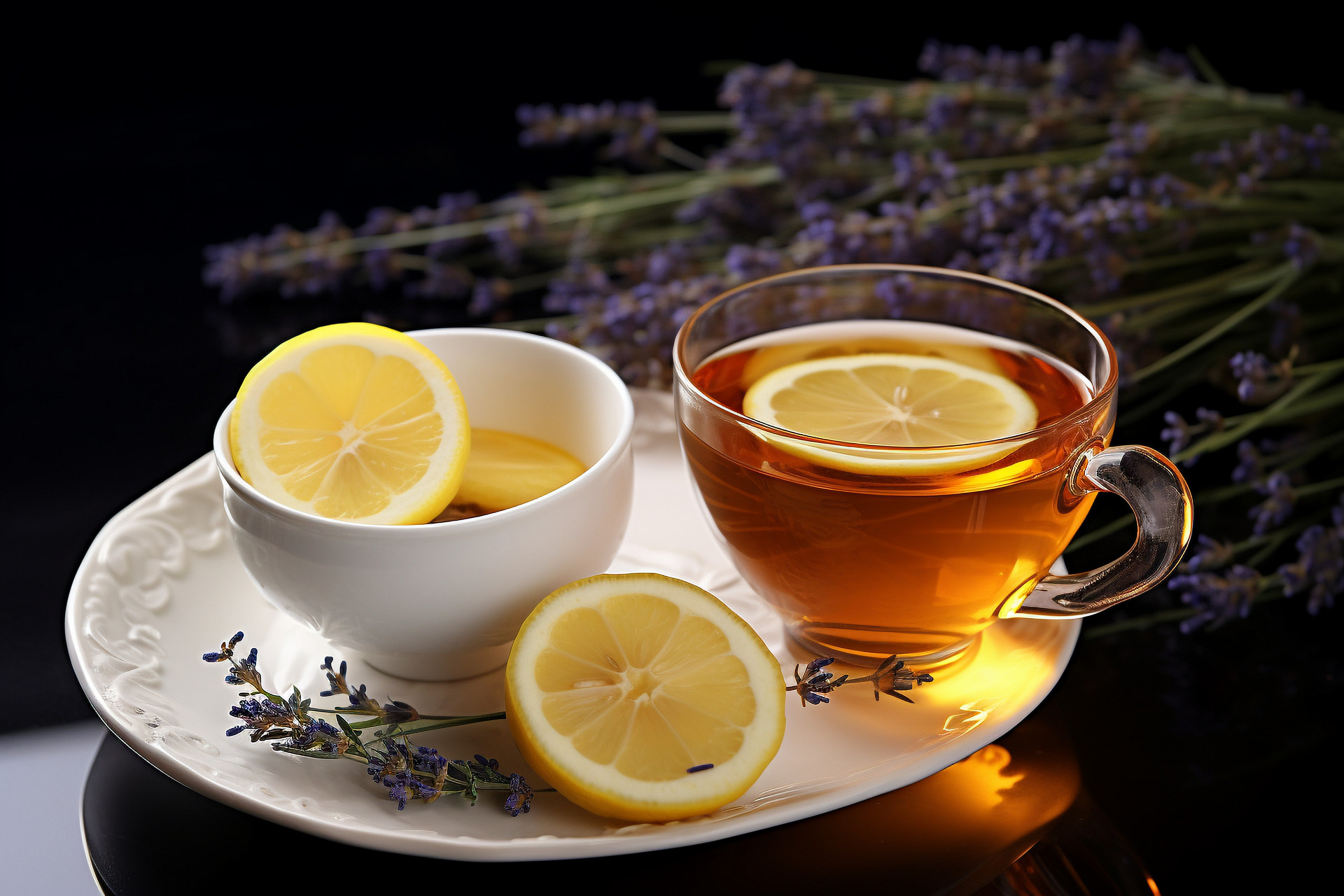
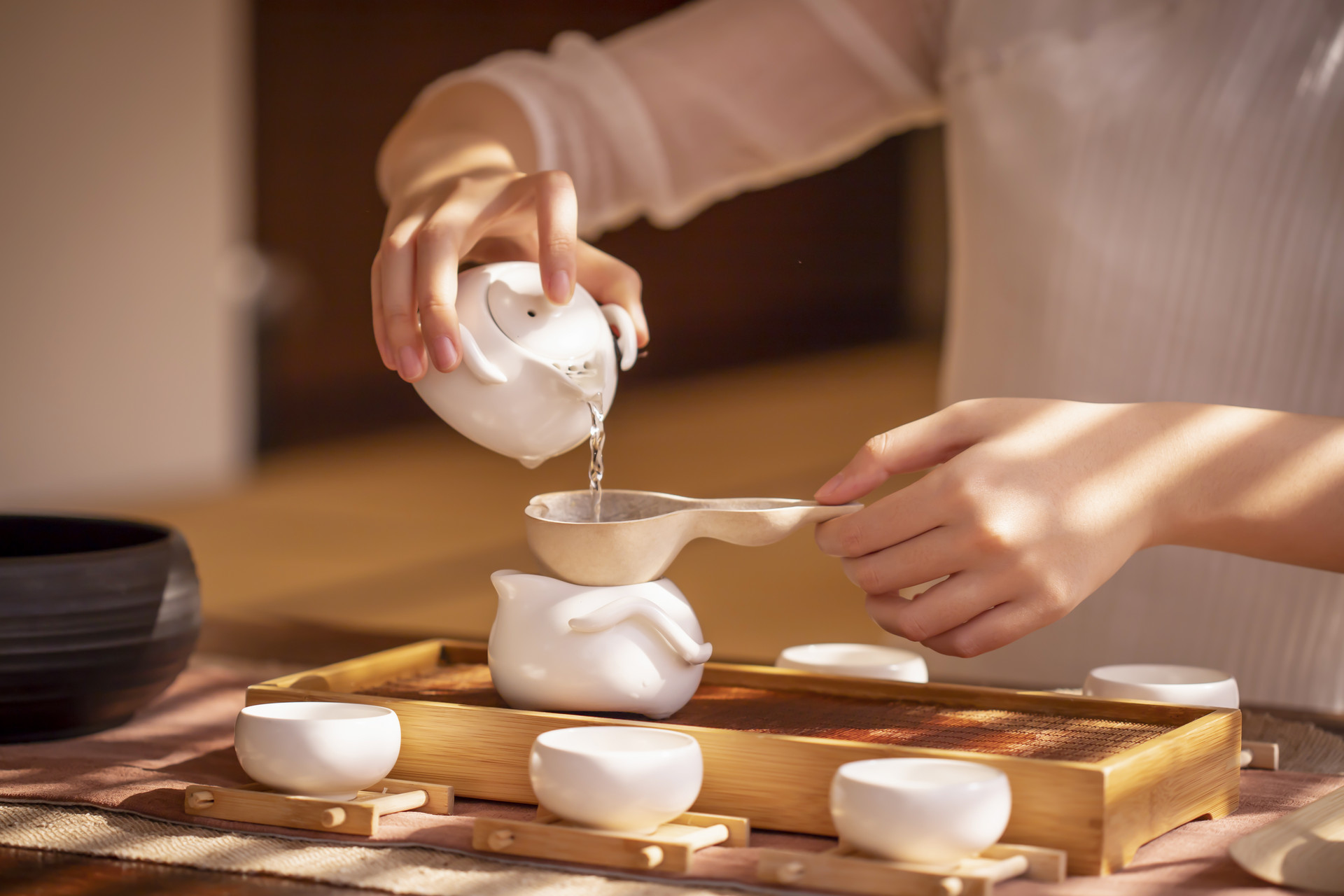
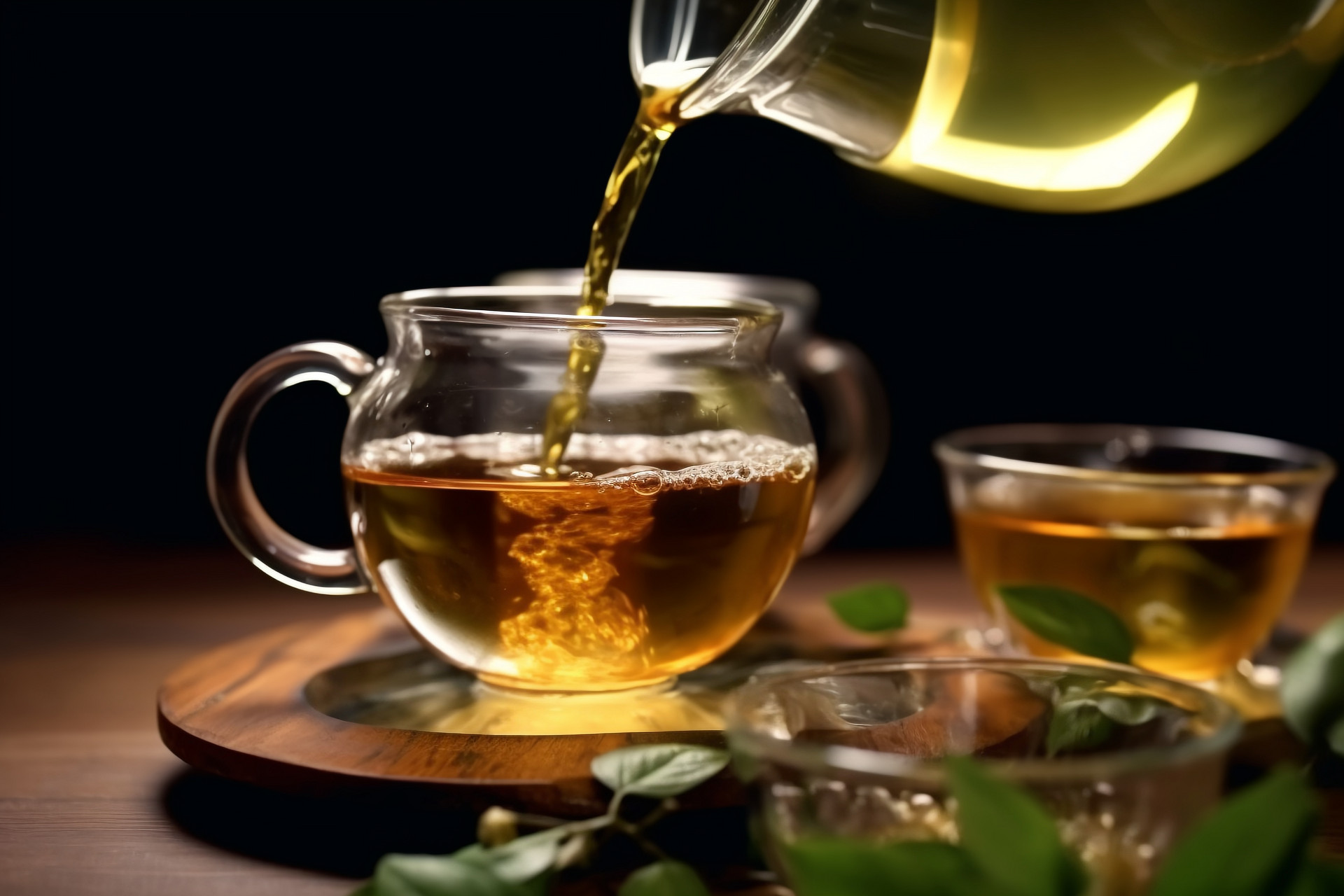

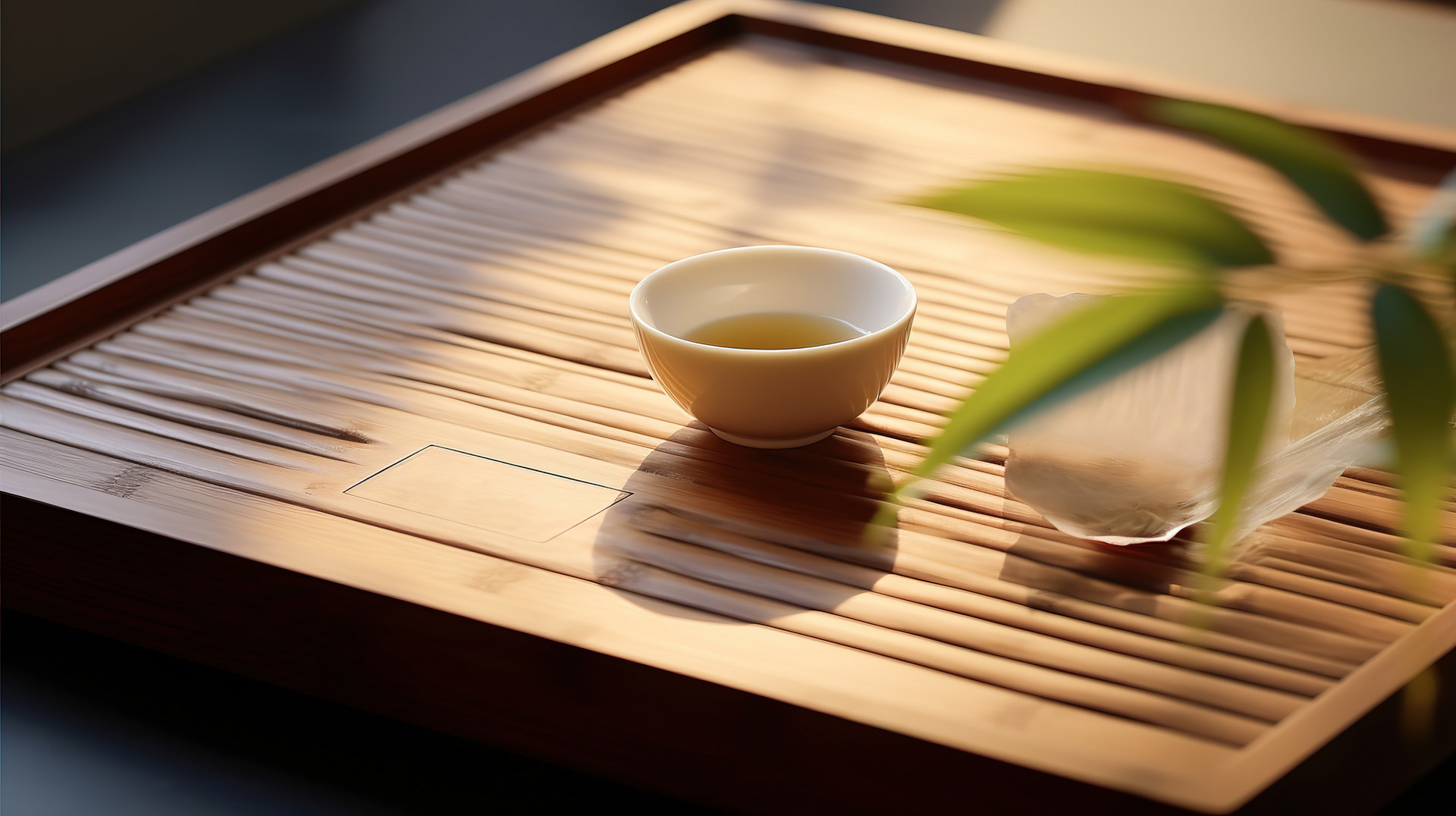
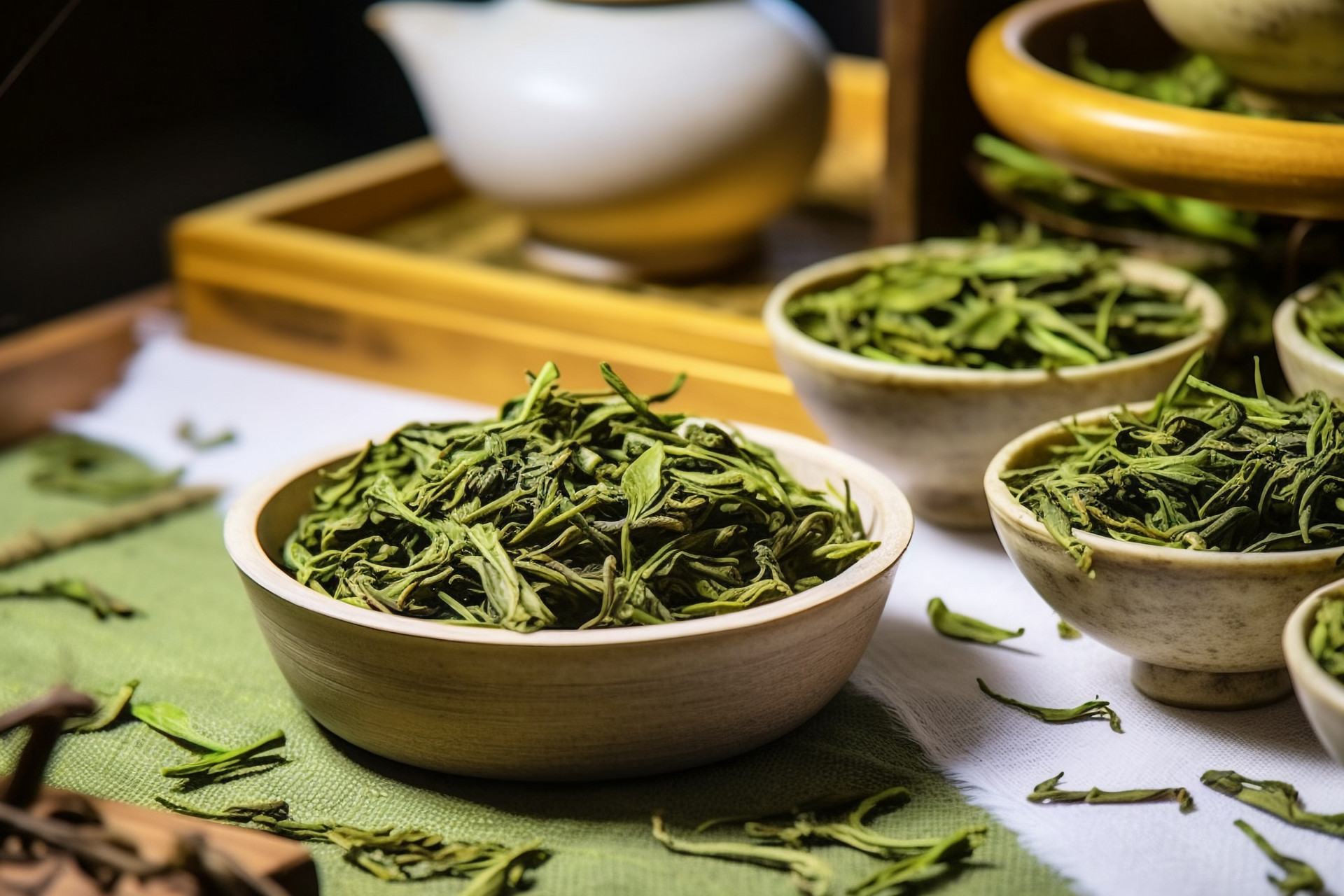
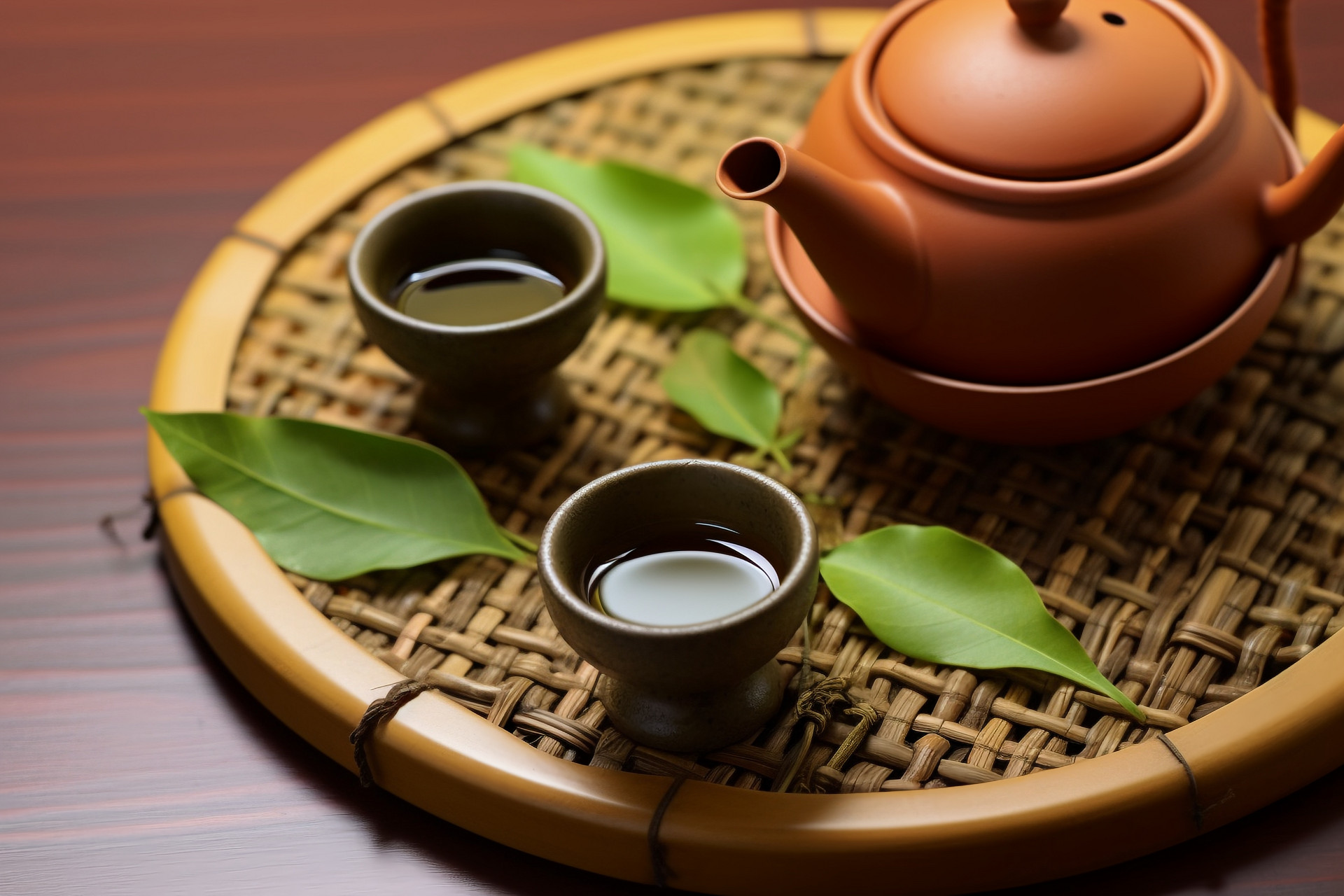
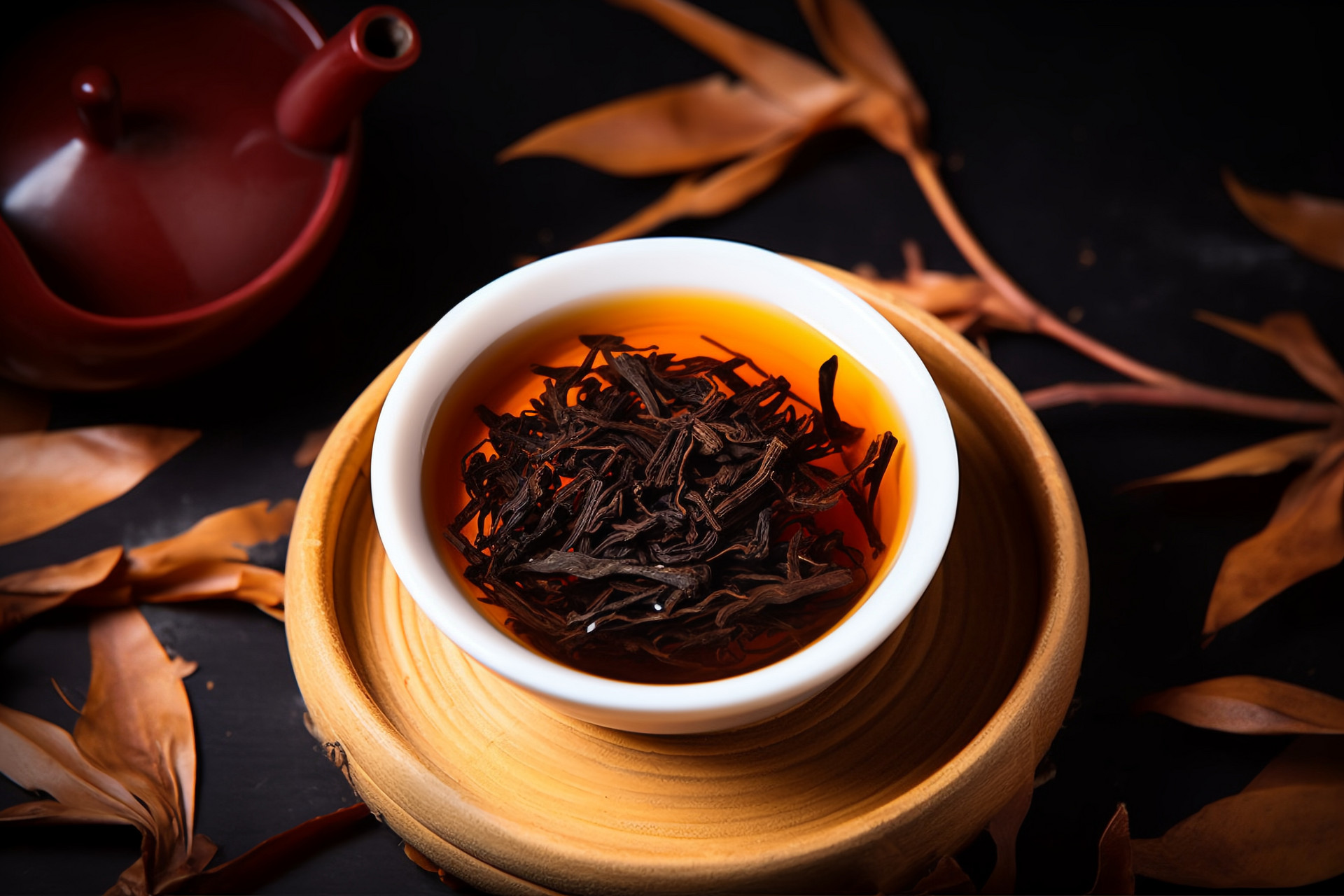
![[Herbal Wine Recipes for Health and Beauty]](https://tcmmaintenance.com/uploads/20240715/7241f6b6eafdaed88c28b26a37213964.jpg)